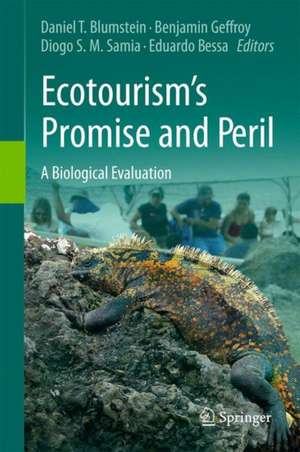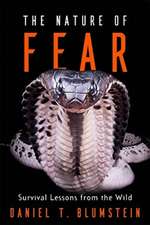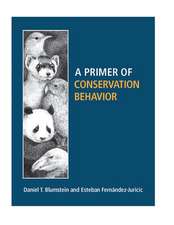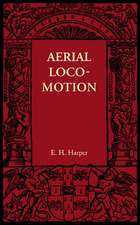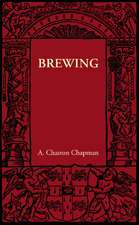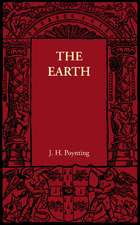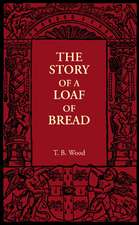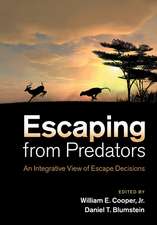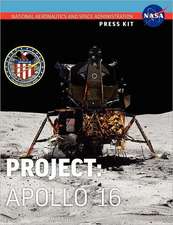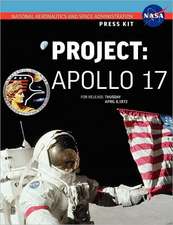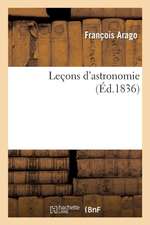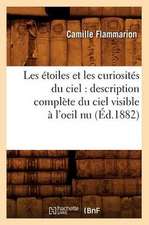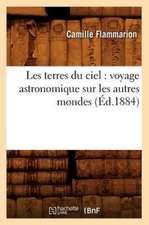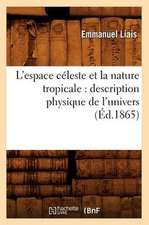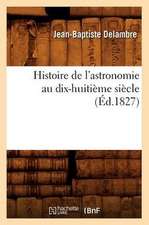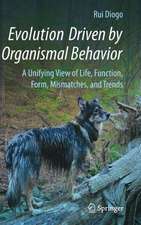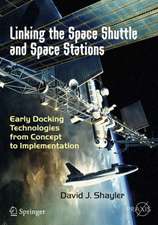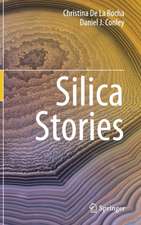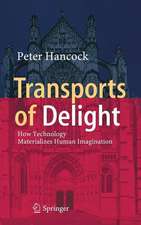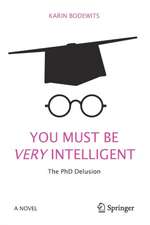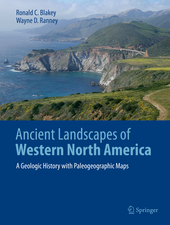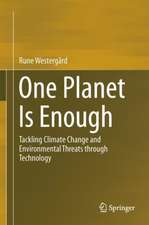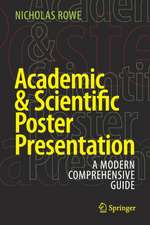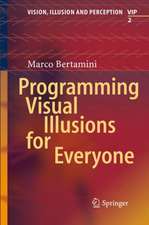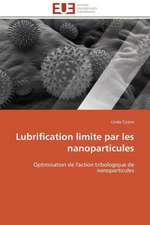Ecotourism’s Promise and Peril: A Biological Evaluation
Editat de Daniel T. Blumstein, Benjamin Geffroy, Diogo S. M. Samia, Eduardo Bessaen Limba Engleză Hardback – 23 oct 2017
Given that the costs and benefits of ecotourism cannot be meaningfully assessed without understanding the human context, particular attention is given to how ecotourism has been used as part of community development. In closing, the book synthesizes the current state of knowledge regarding best practices for reducing human impacts on wildlife. The final chapter highlights key research questions that must be addressed to provide more evidence-based guidelines and policy.
| Toate formatele și edițiile | Preț | Express |
|---|---|---|
| Paperback (1) | 240.75 lei 38-44 zile | |
| Springer International Publishing – 17 mai 2018 | 240.75 lei 38-44 zile | |
| Hardback (1) | 247.38 lei 38-44 zile | |
| Springer International Publishing – 23 oct 2017 | 247.38 lei 38-44 zile |
Preț: 247.38 lei
Nou
Puncte Express: 371
Preț estimativ în valută:
47.33€ • 49.56$ • 39.26£
47.33€ • 49.56$ • 39.26£
Carte tipărită la comandă
Livrare economică 05-11 aprilie
Preluare comenzi: 021 569.72.76
Specificații
ISBN-13: 9783319583303
ISBN-10: 3319583301
Pagini: 216
Ilustrații: XV, 185 p. 44 illus., 40 illus. in color.
Dimensiuni: 155 x 235 x 17 mm
Greutate: 0.49 kg
Ediția:1st ed. 2017
Editura: Springer International Publishing
Colecția Springer
Locul publicării:Cham, Switzerland
ISBN-10: 3319583301
Pagini: 216
Ilustrații: XV, 185 p. 44 illus., 40 illus. in color.
Dimensiuni: 155 x 235 x 17 mm
Greutate: 0.49 kg
Ediția:1st ed. 2017
Editura: Springer International Publishing
Colecția Springer
Locul publicării:Cham, Switzerland
Cuprins
Introduction: Ecotourism’s Promise and Peril.- Physiological and Behavioral Consequences of Human Visitation.- Ecological Consequences of Ecotourism for Wildlife Populations and Communities.- Transgenerational Consequences of Human Visitation.- Impacts of Fish Tourism.- Impacts of Marine Mammal Tourism.- Impacts of Terrestrial Animal Tourism.- Impacts of Penguin Tourism.- How Ecotourism Affects Human Communities.- Best Practices Towards Sustainable Ecotourism.- Creating a Research-based Agenda to Reduce Ecotourism Impacts on Wildlife.
Recenzii
“This book provides a wealth of valuable evidence for regulators, managers and ecotourism companies to use in training and planning … . It also provides ecologist with a good overview of the evidence of our interactions with charismatic animals.” (David Walton, The Bulletin British Ecological Society, Vol. 49 (3), September, 2018)
Notă biografică
Daniel T. Blumstein is a Professor at the University of California Los Angeles’ Department of Ecology and Evolutionary Biology and at the UCLA Institute of the Environment and Sustainability. His work involves integrated studies of animal social behavior, animal communication, and antipredator behavior, and has helped develop the field of wildlife conservation behavior. He is the author of over 350 scientific publications and has written or edited six books, including An Ecotourist’s Guide to Khunjerab National Park.
Benjamin Geffroy is a researcher at the French Research Institute for Exploitation of the Sea (Ifremer) and holds a Ph.D. in Behavioral Ecology and Physiology. After postdoctoral work in Brazil on the effects of ecotourism on fish, he joined Ifremer to explore fish reproduction and behavior. His research deciphers the various physiological and behavioral mechanisms that underlie population changes.
Diogo S. M. Samia holds a Ph.D. in Ecology and Evolution and is currently a postdoctoral researcher at the University of São Paulo, Brazil, where he is investigating the evolutionary mechanisms promoting sexual dimorphism in animals. Much of his work has examined antipredator behavior and he has focused on applying knowledge of animal behavior to wildlife conservation.
Eduardo Bessa is a Zoology Professor and an advisor in the University of Brasília’s Graduate Program in Ecology. His research chiefly focuses on two main areas: understanding reproductive behavior in a range of animal models, especially fish; and applying basic behavioral knowledge to conservation and ecotourism.
Eduardo Bessa is a Zoology Professor and an advisor in the University of Brasília’s Graduate Program in Ecology. His research chiefly focuses on two main areas: understanding reproductive behavior in a range of animal models, especially fish; and applying basic behavioral knowledge to conservation and ecotourism.
Textul de pe ultima copertă
Intended as a guide for wildlife managers and ecotourism operators, as well as interested ecotourists, this book addresses the biological principles governing how ecotourism affects wildlife. The introductory chapters focus on four key responses to human visitation—behavioral, physiological, ecological, and evolutionary. Readers will discover ecotourism’s effects on biodiversity in connection with various industries that are habitat or taxonomically specific: fish tourism (including both freshwater and marine), marine mammal tourism, the huge industry centered on terrestrial animals, and the well-studied industry of penguin tourism.
Given that the costs and benefits of ecotourism cannot be meaningfully assessed without understanding the human context, particular attention is given to how ecotourism has been used as part of community development. In closing, the book synthesizes the current state of knowledge regarding best practices for reducing human impacts on wildlife. The final chapter highlights key research questions that must be addressed to provide more evidence-based guidelines and policy.
Caracteristici
Provides a comprehensive summary of the behavioral and ecological impacts of wildlife ecotourism in various contexts Makes science-based evidence on the biological effects of ecotourism accessible to ecotourism managers and practitioners Includes best-practice recommendations on how to reduce negative human impacts Written for a broad audience and illustrated throughout with photographs and helpful infographics
